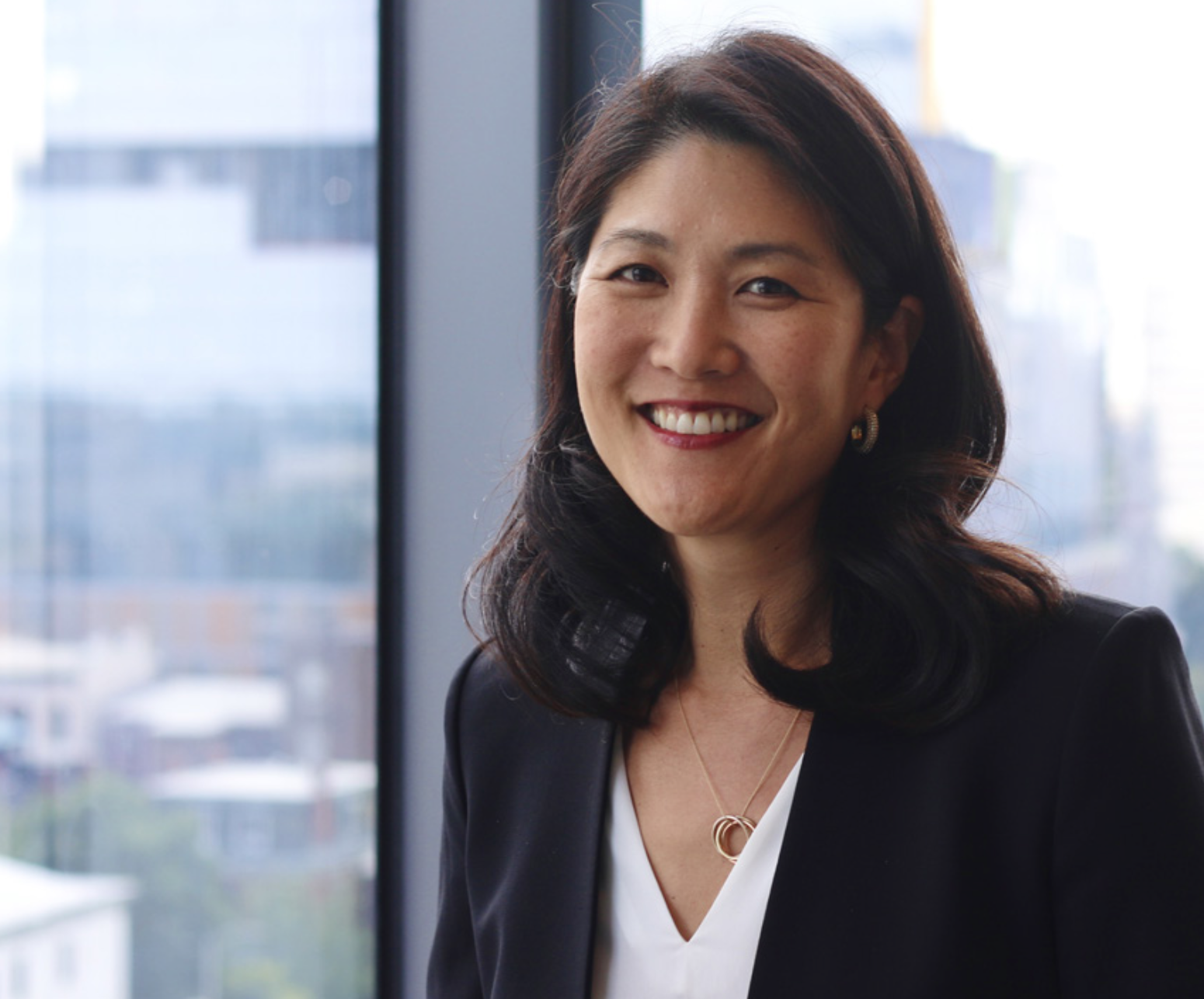Taking action to achieve an equitable and inclusive healthcare workforce
Whether educating future executives or clinicians, as healthcare professionals in academia, we have a responsibility to make sure tomorrow’s workforce is representative of the patients and communities they serve.  Truly committing to diversity, equity, and inclusion takes intent, and hard work, to attract and retain students from underrepresented communities. And it means curating an academic culture where people feel they belong, have a voice, and the support they need to thrive.
Truly committing to diversity, equity, and inclusion takes intent, and hard work, to attract and retain students from underrepresented communities. And it means curating an academic culture where people feel they belong, have a voice, and the support they need to thrive.
One of the most compelling arguments for making DEI a priority in healthcare is to meet workforce challenges head-on. To address the shortage of nurses, physicians, and leaders requires uncovering talent from all corners of society, and we believe we can find great minds in communities that have largely been underrepresented in the healthcare field.
More importantly, it’s evident that leaders and clinicians who share experiences and backgrounds with their patients play an essential role in reducing health disparities and improving the patient experience. “Representation matters when it comes to making minority patients and community members feel seen and heard,” the authors of Leading While Black: Addressing Social Justice and Health Disparities write. I encourage you to read this 2021 report from the National Association of Health Services Executives (NAHSE) and The Chartis Group. It offers fresh recommendations on how healthcare organizations can move the social justice arc and put more Black and minority leaders into executive positions.
Industrywide, we should all recognize that there’s a long way to go.
Today, 5% of physicians are Black, and 5.8% are Hispanic (compared to about 14% and 19% of the total American population, respectively). The registered nurse workforce is 6.2% Black and 5.3% Hispanic. When it comes to faces in the C-suite, ACHE gives us a glimpse of its 47,000 members: 10.4% Black, 5.6% Hispanic, and 7.3 percent Asian.
From a program standpoint, we have made progress to establish a more diverse faculty in the VCU Department of Health Administration. When it comes to the student body, however, our performance has been inconsistent. Across the history of our MHA, MSHA, and Ph.D. programs, Black graduates represent just 6 percent of total alumni. The good news is that many of our students have had the fortune of going on to build high-visibility, high-impact careers and blazed trails for others like them.
But we are going to do better. We have to do more to increase enrollment and development of people from communities that have been marginalized if VCU wants to impact their representation in the C-suite.
To borrow a phrase from the American Association of Colleges & Universities related to our “active, intentional, and ongoing engagement with diversity,” we took an important step forward this year in hiring our first full-time Black faculty member, Dr. Stephan Davis. As an assistant professor, he teaches undergraduate and graduate courses in health administration. But he also serves as Executive Director of Inclusive Leadership Education for our Department and is an assistant dean of DEI for the VCU College of Health Professions. (Read more about his “Black and Golden” national webinar below and register for it here).
Dr. Davis is also starting discussions around how to establish meaningful partnerships with historically Black colleges and universities, to potentially share faculty and create pathways for undergraduates with interest in health administration to join us in Richmond.
There is more coming. As a department and program, we are committed to developing diverse and inclusive healthcare leaders who reflect the voices and experiences of the communities they serve. DEI is a top priority for our team because a diverse and inclusive workforce is critical to effectively address the healthcare needs of all people.

— Paula H Song, Ph.D | Richard M. Bracken Chair and Professor | VCU Department of Health Administration
- As part of Black History Month, Beth Williamson Ayers, Director of Outreach and Professional Affairs in the VCU College of Health Professions, compiled a list of all Black alumni across our combined programs. Reviewing our department's Black history has given us an opportunity to reflect on where we started, where we are, and importantly, the history we want to create. You can read about these past and new alums here.
- On Friday, Feb. 25, Dr. Davis will launch VCU's Inclusive Leadership Education Program by hosting and moderating a national webinar titled "Black and Golden: Leveraging Black Identity as an Asset in Healthcare Leadership," featuring prominent Black healthcare leaders, including VCU alumna Kim Bell. Register here.
- The second inclusive leadership education program will be held in March to commemorate Women's History Month. The webinar, "Women's (Her)story in Healthcare Leadership: Reflecting on Our Past, Reshaping the Future" will take place on March 22 at 12 p.m. Eastern. If you are interested in attending, you can register here.